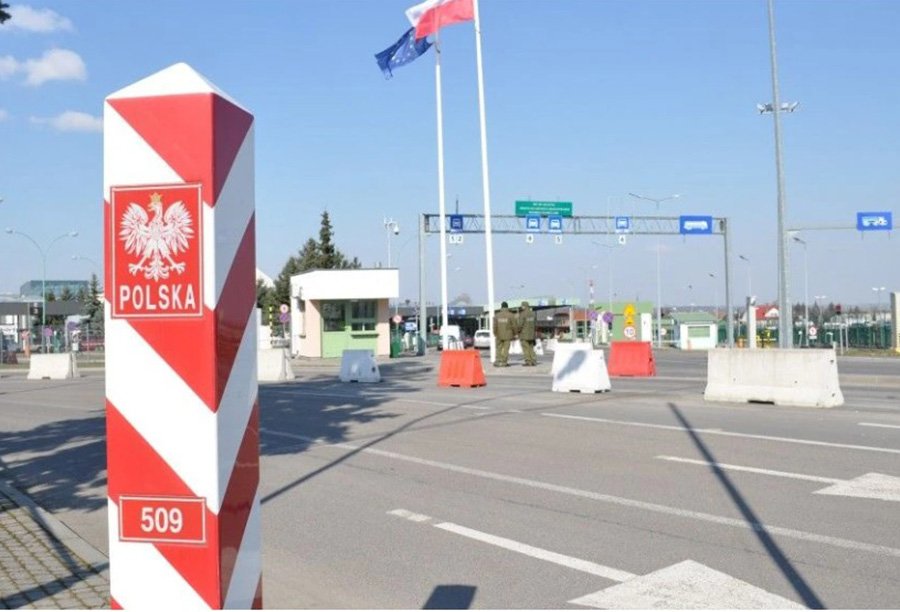Poland Proposes Ending Visa-Free Travel for Certain Countries

Photo: defence24.pl
Poland is considering restricting visa-free entry for citizens of several countries, according to the Onet news portal. Deputy Minister of the Interior Czesław Mroczek explained that the proposal is linked to rising violations of migration laws and security concerns. However, the likelihood of implementing the plan remains low.
Since the decision cannot be made unilaterally, Poland is preparing to address Schengen member states to seek approval. If the initiative gains support, visa requirements would be introduced across the entire Schengen Area.
In August 2024, Poland had already revoked visa-free entry for Colombian citizens seeking employment. Authorities highlighted a case involving a Colombian national suspected of arson at warehouses in Warsaw and Radom. The Internal Security Agency claimed he acted in the interests of Russian intelligence. He has been charged with terrorism in Poland, carrying a penalty of 10 years to life imprisonment. Meanwhile, in June 2025, a Czech court sentenced him to eight years in prison for setting fire to a bus station and planning an explosion at a shopping mall in Prague.
The proposed restrictions could now extend to all Colombian visitors, citing illegal stays, unregulated employment, and rising crime. Similar concerns have emerged about citizens of Georgia and Armenia, who are increasingly reported in police statistics. Venezuela is another country potentially facing visa restrictions, with Polish officials arguing that its close ties to Russia heighten security risks.
This initiative goes beyond migration policy and reflects Poland’s broader security approach. The government hopes that violation statistics and recent high-profile cases will persuade Schengen partners to support the plan.
Earlier, in spring 2025, Poland abolished simplified humanitarian visas for Belarusian citizens. The “Solidarity with Belarus” program had operated since 2020, granting visas (D21) with minimal requirements. The program saw 3,356 visas issued in 2020, peaking at over 24,000 in 2022, before falling sharply in 2024 to just 518. Authorities cited abuses, with some Belarusians using humanitarian visas to travel freely across the Schengen Area. National security risks were also raised.
Now humanitarian visas are only available to individuals facing political persecution or life-threatening risks. They are issued once, do not allow travel across the Schengen Area, and repeat applications require exceptional grounds. The Business Harbour program, which had enabled Belarusian IT specialists and entrepreneurs to relocate to Poland, has also been discontinued. Over 100,000 people benefited from it in recent years.
On June 1, 2025, new migration rules took effect in Poland. Foreign students must now prove proficiency in their language of study (Polish or English) at level B2 or higher. Universities are required to inform authorities if a student with a visa or residence permit fails to attend classes.
For foreign workers, lists of professions closed to migrants are compiled at the county level, giving priority to Polish citizens. While officials acknowledge the economic role of migrants, they emphasize that protecting the domestic labor market is the top priority.
Still, the likelihood of success for Warsaw’s initiative is slim. Ending visa-free regimes requires unanimous consent from all Schengen states, making it a politically symbolic move rather than a practical one.








